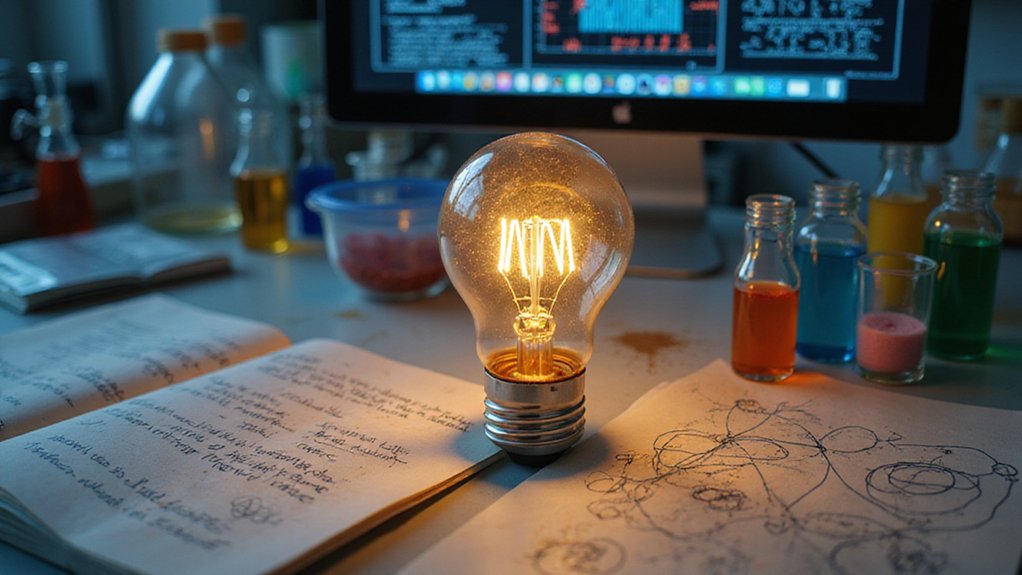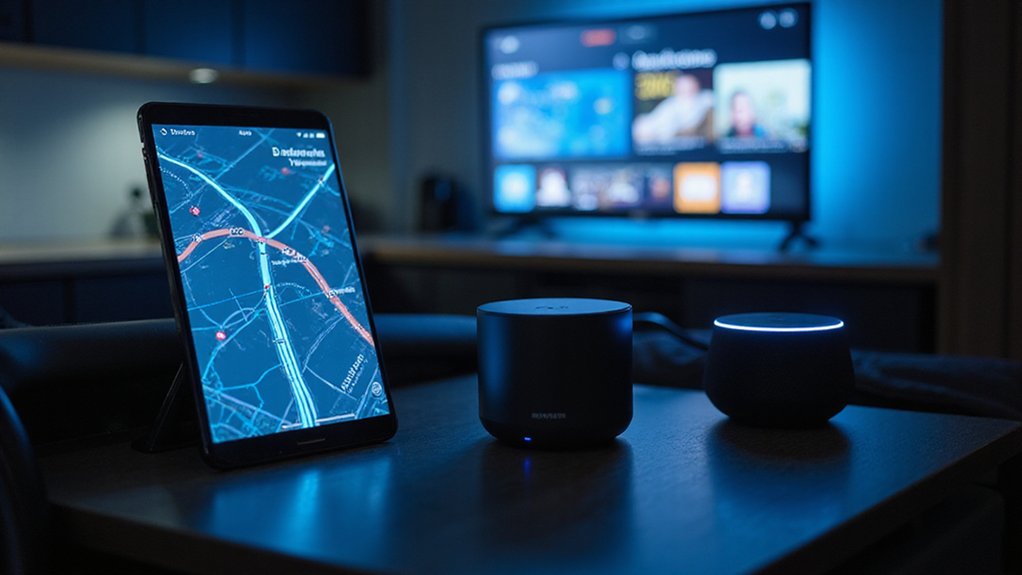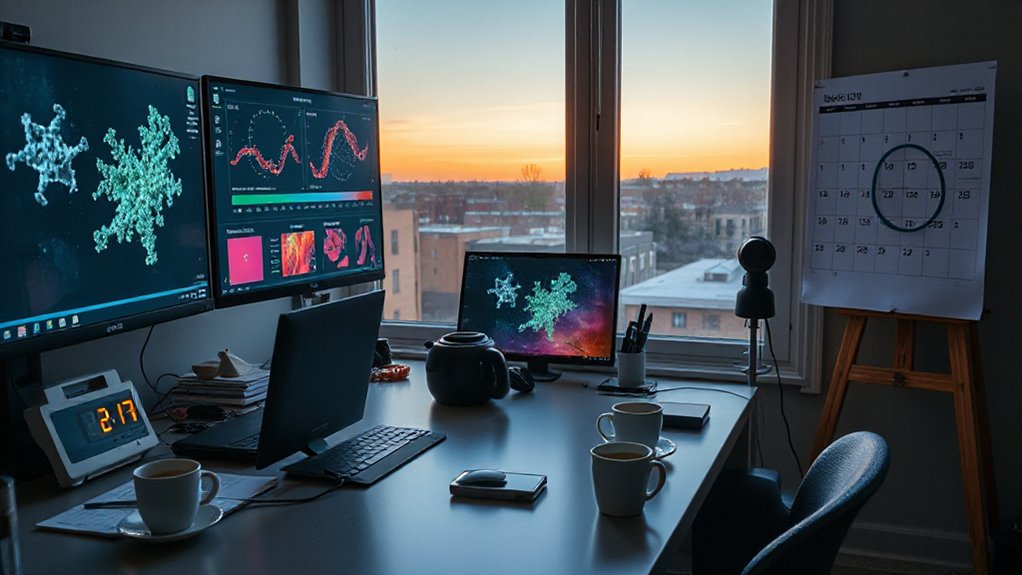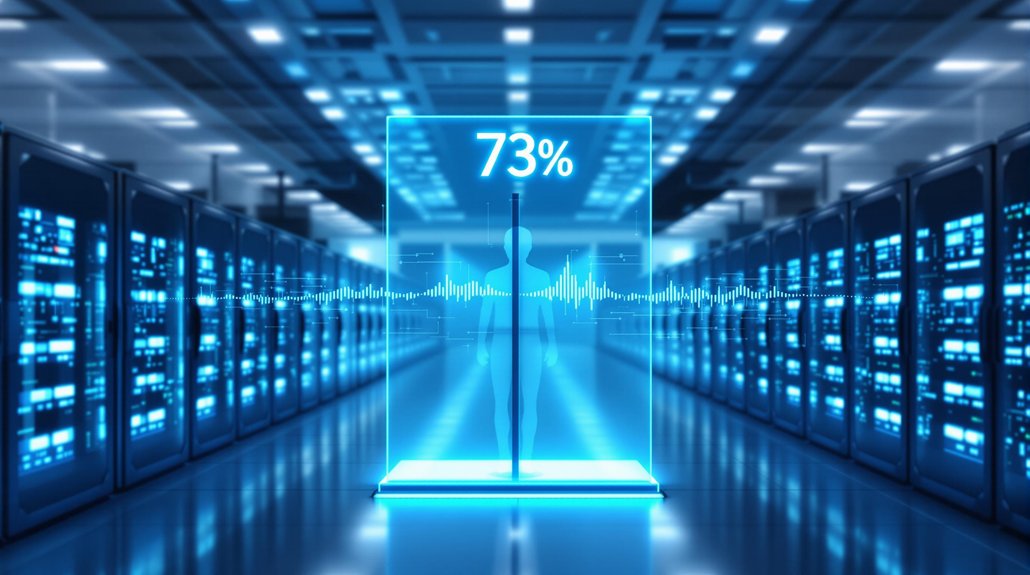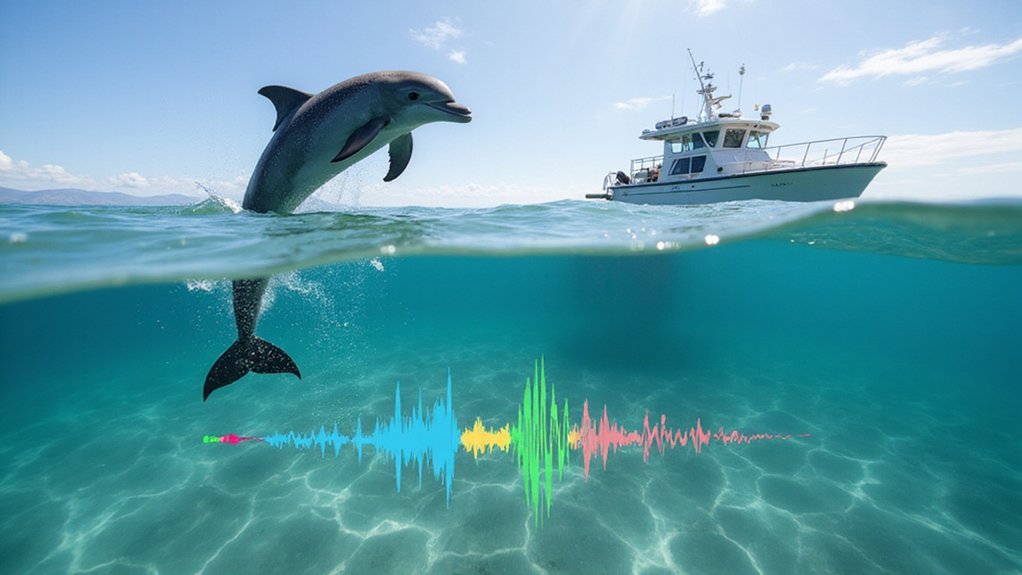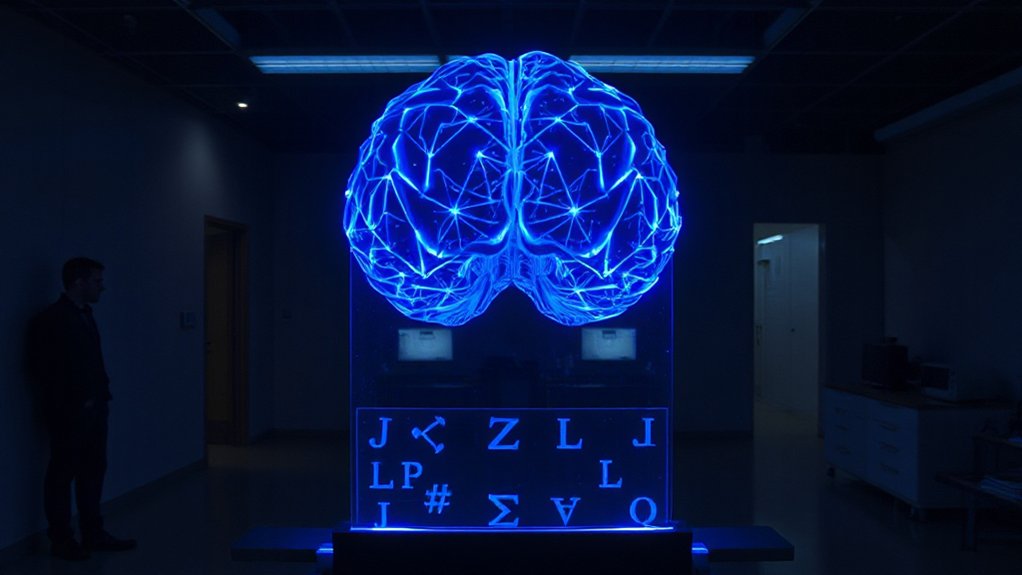Scientists worry that artificial intelligence might change how discoveries happen. AI can process huge amounts of data quickly, finding patterns humans might miss. But it lacks human curiosity, intuition, and the ability to ask “what if.” Recent studies show the most groundbreaking discoveries often come from unexpected connections that machines can’t make on their own. The question remains: will tomorrow’s breakthroughs come from silicon minds or human ones working together?
While AI continues to transform how businesses analyze data and make decisions, it still can’t fully replace the unique qualities humans bring to the table. Recent studies show AI excels at processing massive amounts of data quickly and spotting patterns humans might miss. These systems work tirelessly without getting tired or emotional, making them valuable tools for research.
Scientists worry about over-reliance on AI for breakthroughs. The technology lacks emotional intelligence and intuition that often drive scientific discoveries. AI can only work with information it’s been trained on, while humans can think “outside the box” and make creative leaps based on experience and hunches.
“AI is fantastic at crunching numbers, but it doesn’t understand context the way humans do,” explains Dr. Sarah Chen, a research scientist. “The eureka moments in science often come from connecting seemingly unrelated ideas.”
AI excels at data analysis but lacks the human ability to connect disparate ideas that spark true scientific discovery.
Research shows that teams combining AI and human researchers get better results than either working alone. AI handles the time-consuming data analysis, while humans focus on asking the right questions and interpreting results. This partnership works best when roles are clearly defined.
In healthcare, AI helps doctors spot patterns in scans and test results, but physicians make the final diagnosis using their training and patient knowledge. Multimodal AI systems like Google’s Gemini are now processing diverse data types across text, images, and audio to offer more comprehensive analysis capabilities. Likewise, in scientific research, AI sorts through mountains of data while researchers develop hypotheses and design experiments.
The most successful organizations use AI as a tool rather than a replacement for human insight. They recognize that computers excel at structured, repetitive tasks, while humans bring creativity, ethical judgment, and contextual understanding. Research from MIT Sloan suggests that the absence of synergy in human-AI teams may lead organizations to overestimate their current systems’ effectiveness.
As technology advances, the relationship between AI and human researchers will continue to evolve. The goal isn’t to replace human scientists but to enhance their capabilities. By letting AI handle routine data processing, humans can focus on what they do best – asking new questions, making creative connections, and pursuing the unexpected discoveries that lead to true breakthroughs. Human researchers provide the depth in understanding that AI currently lacks when interpreting complex social phenomena and emotional nuances.
